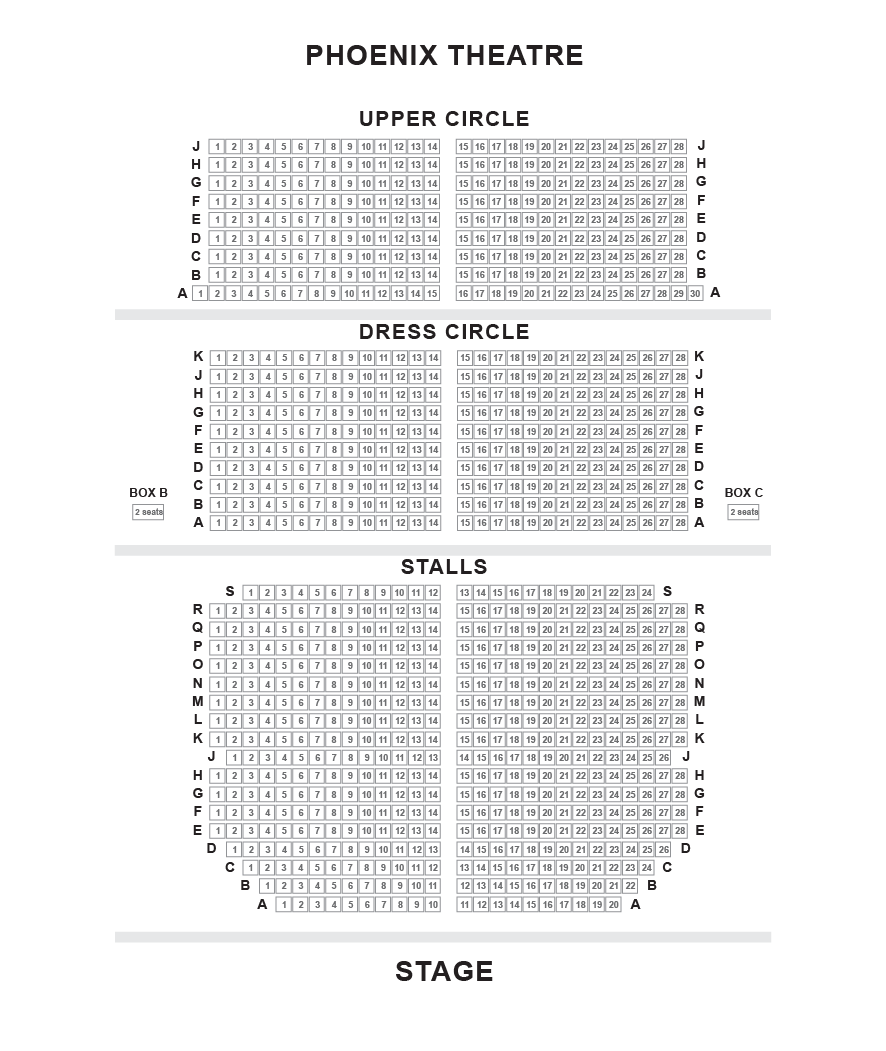Методическое пособие по практике основного иностранного языка (английский) для направления 050100 Педагогическое образование
 Скачать 0.89 Mb. Скачать 0.89 Mb.
|
|
Театральный десант В Екатеринбург прибыл мощный театральный десант: известные артисты, искусствоведы, педагоги во главе с народным артистом России Александром Калягиным. В столице Урала проходит III Всероссийский форум «Театр: время перемен». Помимо гостей из Москвы и Санкт-Петербурга, он собрал несколько сотен человек из 53 театров Уральского федерального округа – от режиссеров, директоров и артистов до осветителей, художников и заведующих постановочной частью. Еще несколько цифр. В стране 600 государственных театров и примерно столько же негосударственных, только в УрФО их 60, причем именно Екатеринбург можно рассматривать как театральную столицу Урала. В среднем у нас приходится 7 театров на миллион населения, это в два раза выше общероссийских показателей. За 2008 год показано 7 тысяч спектаклей, на которых побывало 1,5 миллиона человек: т.е. каждый екатеринбуржец один раз в год посетил театр (если не Вы, то Ваш сосед – дважды). Казалось бы, все замечательно, и Александр Калягин отметил, что нашу ситуацию нельзя охарактеризовать как провинциальную. Однако проблем у современного театра немало. Это кадры (как ни странно, артистов не хватает, вакансии закрыты всего наполовину, а еще больше не хватает декораторов, гримеров и менеджеров), инфраструктура (до сих пор не все даже признанные коллективы имеют собственную площадку для выступлений) и финансирование. Стоит и глобальная задача – сохранение и развитие русского репертуарного театра. В конце прошлого года мне довелось беседовать с арт-директором Лейпцигского театра Анри Майером. Как о большой редкости, которой следует гордиться и непременно сохранять, он говорил о репертуарном театре, каких в Европе осталось немного, пожалуй, в чистом виде и как система репертуарный театр сегодня существует только в России. Это наше национальное достояние. Его дальнейшая жизнь невозможна без поддержки государства. Одна из задач форума – конструктивный диалог с законодательной и исполнительной властью. Любимый многими артист Александр Калягин исполнял на форуме важнейшую в своей жизни роль. Много лет он возглавляет Российский союз театральных деятелей (СТД). Его активная общественная позиция позволила решить немало конкретных проблем театральной жизни. В частности, Дом актера остался в ведомости СТД. СТД - один из самых творческих союзов (если быть объективным, он самый активный). По мнению представителя местного отделения СТД Владимира Мишарина, это связано с коллективным видом данного творчества, а также с тем, что театральное искусство социально, даже в самых индивидуальных проявлениях. СТД активно выступает против того, что в стратегический план развития страны культура вписана как «рынок услуг», наряду с парикмахерскими и ритуальными услугами и добивается оценки роли культуры как ресурса развития России, духовного, экологического, экономического, наконец. (Марина РОМАНОВА, «НАШ ДОМ – НАШ ГОРОД», № 1 от 29.01.2009) Video VIDEO 7 23. For further extension of your knowledge about the National Theatre watch an extract from the documentary about the redevelopment of the DorfmanTheatre. Read the following information before watching Video 7. What parts of the auditorium are being redeveloped according to the text? What is the source of the text? Dorfman Theatre The Dorfman Theatre (formerly the Cottesloe Theatre) has been redeveloped, with a greater capacity, more comfortable seats, better sight-lines and enlarged foyer spaces. It is the smallest, the barest and the most potentially flexible of the National Theatre houses. It is a dark-walled rectangular room, which can hold up to 350 people, but may readily be rearranged to take fewer. On three sides of the room there are two levels, the balcony and gallery, which look down on an adjustable floor-space which has no fixed seating or staging. This space may be used for classical staging, for the latest experimental theatre, or for practically anything in between. You can stage an event at one end with or without a proscenium, in a corner, or in the centre. You can clear the floor of seats, or group the audience close in around a central happening. Everything is open to change except the balcony and gallery. Your new, transformed National Theatre is almost ready. Soon you’ll be able to see shows in the new Dorfman Theatre; make amazing discoveries in the Clore Learning Centre – and even watch new productions being created backstage. As well as enjoying a warm welcome and improved facilities every time you visit. This £80m redevelopment is called NT Future, and here is where you can discover what’s happening and how you can get involved. We’ve only got this far with the support of audience members like you. So thank you. Please give all you can to make sure you’re part of this exciting future. 24. Give the English definition and the Russian translation to the following words:
25. Fill in the gaps with the words or word combinations from the video. Read the sentences beforehand! They’ve taken away some ________________________ at the sides. That allows us to have about 100 more ____________. A lot of the experience within the theatre is going to be very much more comfortable and ____________. The foyer is going to be greatly ____________. It was a bit of a ____________before! The ____________ space is also going to be used for educational purposes. The seating here is on ____________. So it means they can bring the theatre to a flat floor and perhaps do educational work within the space. It’s lovely to see that we’ve not ____________ that character. NT Future - ____________YOUR National Theatre. Give today and create a theatre for tomorrow. 26. Ask and answer the following questions with your partner: Have you ever been to the theatre in another country? Would you like to see a theatre play in the National Theatre? Is the theatre only for rich people? Do you think theatre tickets are reasonably priced in Russia and abroad? Do you think it is a good idea to donate to the redevelopment of theatres? 27. Have a look at the graph showing the types of the Arts the British prefer. You have got 15 minutes in a TV show to talk the British into going to the theatre. Make up your speech performance as assuring as possible.  Writing 28. Read the following quotations about theatre. Which one do you like? Write an essay based on the one you’ve chosen. 1) “A talent for drama is not a talent for writing, but is an ability to articulate human relationships.”(Gore Vidal, American novelist, critic) 2) “Every now and then, when you’re on stage, you hear the best sound a player can hear. It’s a sound you can’t get in movies or in television. It is the sound of a wonderful, deep silence that means you’ve hit them where they live.”(Shelley Winters, American actress) 3) “My playground was the theatre. I’d sit and watch my mother pretend for a living. As a young girl, that’s pretty seductive.” (Gwyneth Paltrow, American actress) 4) “The primary function of a theater is not to please itself, or even to please its audience. It is to serve talent.” (Robert Brustein, American drama critic) 5) “The novel is more of a whisper, whereas the stage is a shout.”(Robert Holman, British dramatist) LESSON 2. INSIDE THE THEATRE Brainstorming Discuss the following questions with your partner: Are theatre tickets easy to get in your country? What time do you usually arrive at the theatre (e.g. 45 minutes before the advertised start time)? Do you usually dress smartly? What do you usually do before the third bell rings? How do you feel when you sit in a theatre before the performance begins? Vocabulary
Vocabulary 1. Translate the following sentences from English into Russian. The house was packed. There was a laugh from the back of the house. The house lights went out/down. I was sitting in the stalls. In the first scene the family are preparing to welcome the youngest son home. The scene is set in the pre-revolutionary Moscow. Then her husband appears on the scene. I saw “West Side Story” on the stage. Hamlet is on stage for most of the act. The opera singer returns on the London stage. At the age of ten, he decided that he wanted to go on the stage. The lighting was very effective. The sets were designed by Julia Trevelyan Oman. I didn’t like the set for the first act. He spoke with his back to the audience. I managed to get a ticket for a “The Government Inspector” (“Ревизор”). 2. Fill in the blanks with the words from the list below; explain your choice. They played every night to ____________houses. I bought a seat in the ____________. We sat in the ____________, quite far from the stage. The ____________ where John says goodbye to Susan is very moving. There was no change of ____________ during the play. It’s an interesting play. I’d like to see it ____________. The orchestra went ____________ to great applause. There were some very original ____________. Julia Trevelyan Oman’s ____________ was very effective. The ____________ was rather unresponsive. I’ve got two ____________ for the theatre. Have you got any tickets ____________ for tonight. List of words: packed, audience, scene, gods, tickets, scene, stalls, on the stage, set, lighting effects, on stage, for. 3. Answer the following questions. What does a theatre begin with? What do we do in the cloak-room? What can a cloak-room attendant offer us? What does an usher do? Why do the audience buy programmes? Where do the audience walk during an intermission? What can we see on the walls of the foyer? Where can we buy a drink or a snack? 4. Match the word (1-10) with its definition (a-j).
5. Comment on the seating plans below pointing out the following things: similarities and differences of the four plans; view of the stage from each seating section; your preference for the theatre and the seat.  |
